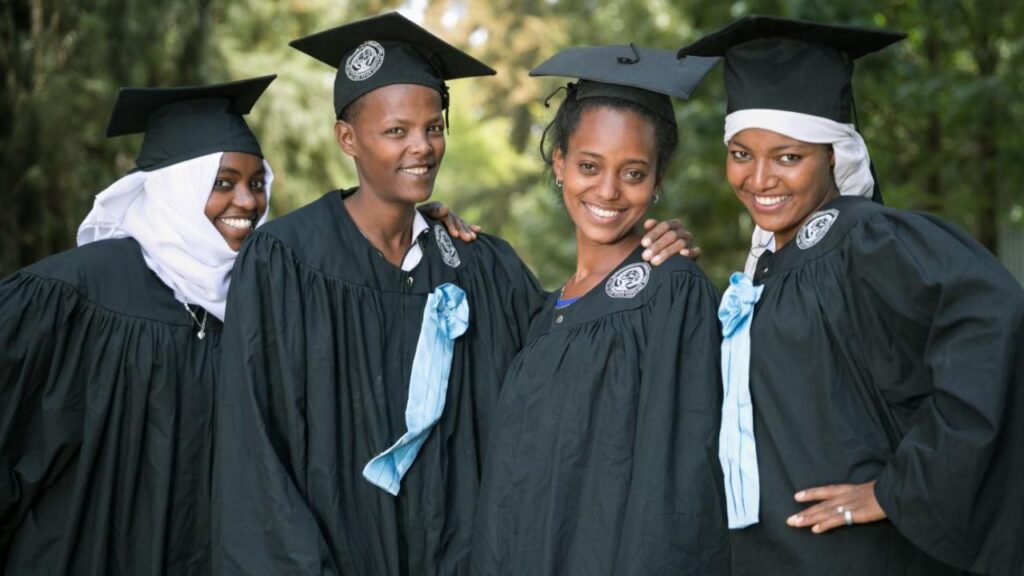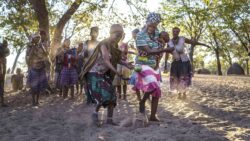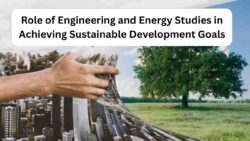Education is a powerful tool — one that can change the trajectory of lives, families, and nations. But across Africa, women remain significantly underrepresented in higher education, especially in disciplines like engineering, agriculture, and health sciences. This gender gap limits innovation, weakens community resilience, and slows down sustainable development.

The Africa Regional International Staff / Student Exchange (ARISE II) programme is tackling this inequality head-on by promoting inclusive academic mobility. At the heart of ARISE II’s mission lies a firm commitment to equity, gender balance, and opportunity for all — particularly for women from disadvantaged backgrounds.
Creating Space for Women in STEM and Beyond
Historically, science and technology-related fields have seen limited participation from women across many African nations. Cultural norms, limited financial support, and lack of mentorship often discourage young women from pursuing advanced studies or research careers. ARISE II aims to break these barriers by ensuring that women are not just included, but prioritized.
The programme specifically encourages female applicants for its Master’s, Doctoral, and staff exchange opportunities. From agriculture to medical sciences, female researchers are being supported to engage in international collaboration, publish their work, lead field studies, and grow professionally within Africa’s academic landscape.
This focus is not symbolic — it is transformative. By investing in women’s academic journeys, ARISE II contributes to:
-
Stronger representation in research and innovation
-
Women-led solutions to health and food security
-
Increased role models for young female students
-
Gender-inclusive policies in partner institutions
When women participate in knowledge-building and decision-making, the results benefit entire communities.
Equity in Action: Support, Access, and Inclusion
Beyond simply encouraging applications, ARISE II ensures that women are supported throughout their academic exchange. This includes:
-
Mentorship and supervision from experienced faculty
-
Access to research resources and laboratory facilities
-
Safe accommodation and logistical assistance
-
Mental health support and networking opportunities
-
Policies that accommodate parenting or caregiving responsibilities
These structures are essential to remove hidden barriers that often limit women’s ability to participate fully in mobility programmes.
Importantly, ARISE II also promotes cultural exchange and social empowerment. Female scholars not only engage in academic work but also participate in community activities, peer-led workshops, and discussions about equity and leadership. This builds confidence, raises awareness, and promotes lasting change in both home and host institutions.
In several cases, women returning from ARISE II exchanges have gone on to:
-
Publish in international journals
-
Lead local research centres
-
Start non-profits in agricultural training for girls
-
Join policymaking bodies or university boards
These real-world outcomes show that gender equity in higher education isn’t just an ideal — it’s a strategic driver of development.
Looking Ahead: A Model for Inclusive Growth
By weaving gender equity into every level of its programme, ARISE II offers a powerful model for other institutions and mobility initiatives across Africa. It proves that academic excellence and inclusivity can — and must — go hand in hand.
In a continent full of talented, ambitious women, the lack of opportunity should never be the reason they stay behind. ARISE II opens doors, builds bridges, and paves the way for a more just, diverse, and empowered academic future.




